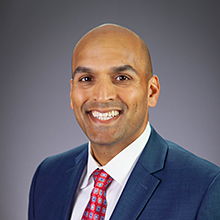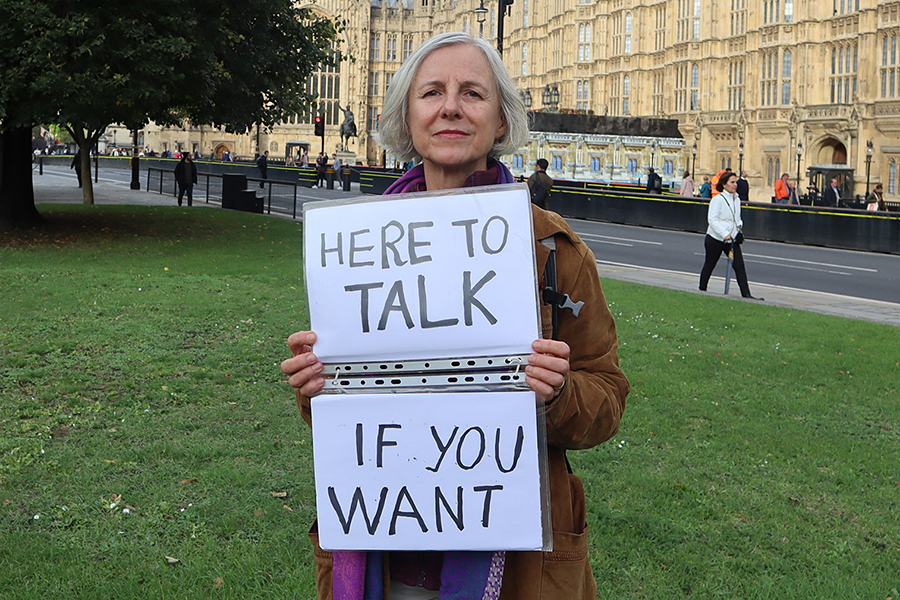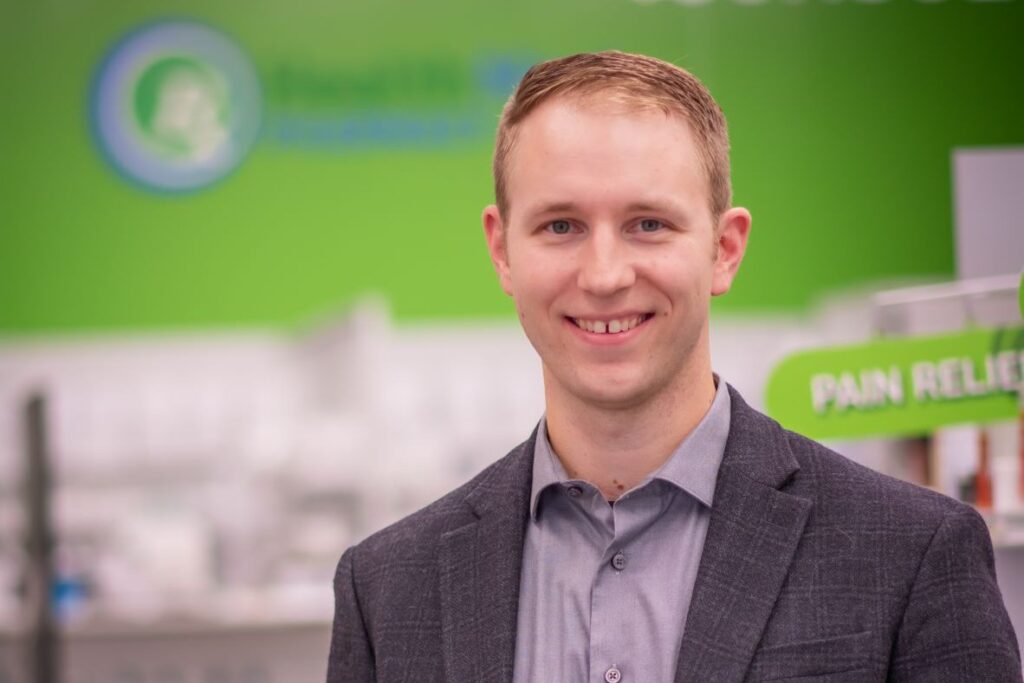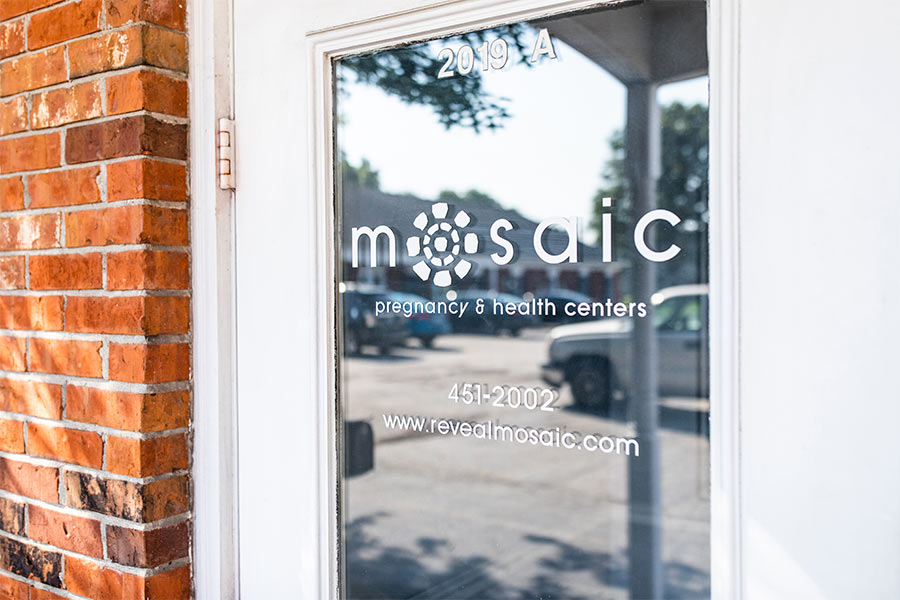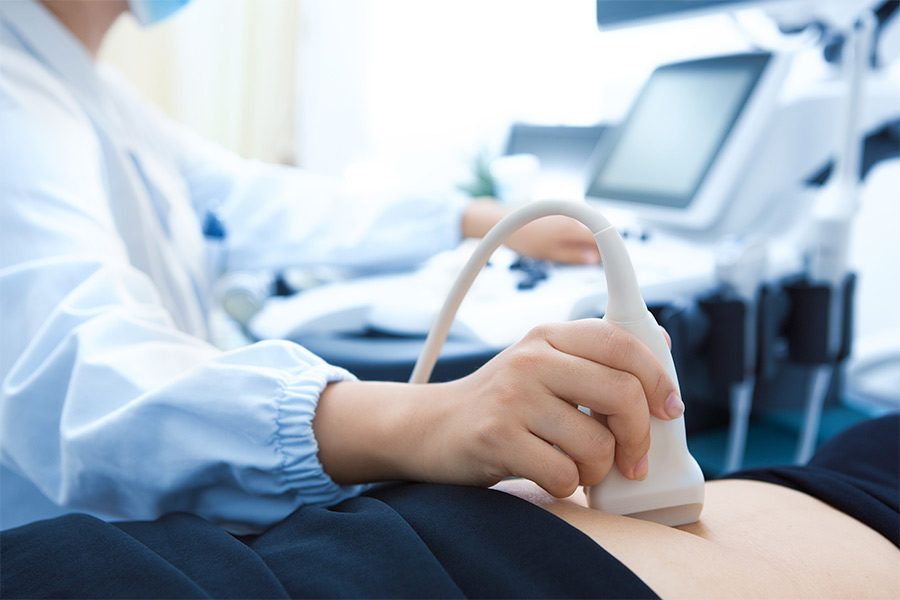
While Roe v. Wade was in effect from 1973 to 2022, more than 60 million innocent babies lost their lives to abortion. So when the U.S. Supreme Court finally reversed that disastrous and deadly decision in Dobbs v. Jackson Women’s Health Organization, it should have been a time to celebrate millions of lives being saved.
Pro-life advocates across America did just that, praising God for the babies who will now get to live and for their mothers who will now avoid the harms of abortion thanks to the Court’s decision. But radical pro-abortion activists, including abortion businesses like Planned Parenthood, were furious.
Planned Parenthood and businesses like it rely on abortion for profits, and the Court’s decision in Dobbs threatened their revenue model. As a result, they launched a full-on disinformation campaign to try to scare people into supporting abortion. One scenario that pro-abortion activists immediately started mischaracterizing for their own gain was treatment for ectopic pregnancies.
What is an ectopic pregnancy?
An ectopic pregnancy is a life-threatening condition in which an embryo has implanted outside of the uterus, meaning it will not survive, except for especially rare circumstances of abdominal ectopic pregnancy. The vast majority of ectopic pregnancies are tubal, meaning that the embryo has implanted in the fallopian tubes. According to the American Association of Pro-Life Obstetricians and Gynecologists (AAPLOG), survival of the mother in cases of tubal ectopic pregnancy “requires that the embryo either spontaneously or artificially die, or be removed.”
About 2 percent of all pregnancies are ectopic, and ectopic pregnancies are the leading cause of maternal mortality in the first trimester. An ultrasound can identify whether a woman’s pregnancy is ectopic.
Ectopic pregnancies and pro-life laws
After the Supreme Court overturned Roe, abortion activists and businesses panicked. Instead of admitting what many of them were actually pursuing—the ability to kill unborn children for nearly any reason—many abortion advocates began peddling the false claim that state laws protecting unborn children and their mothers actually put pregnant women at risk. ACOG, for example, falsely asserts that pro-life laws “threaten to impede ectopic pregnancy treatment.”
The opposite is true. In reality, no state has a law that prevents medical professionals from treating ectopic pregnancies. Laws in every state help ensure that women facing medical emergencies have access to all the health care they need.
But that hasn’t stopped the fearmongering.
One recent example comes from Texas, where a pro-abortion activist group called the Center for Reproductive Rights filed a pair of complaints with the U.S. Department of Health and Human Services alleging that two Texas hospitals had violated federal law when they failed to treat ectopic pregnancies in a timely manner.
The complaints have attracted attention in media outlets highlighting Texas’s pro-life laws and repeating the complainants’ claim that the laws are to blame for these emergency situations.
But under Texas law, “[a]n act is not an abortion if the act is done with the intent to . . . remove an ectopic pregnancy” and therefore is not prohibited.
Texas’s pro-life laws are not to blame for what happened in these instances. Any suggestion otherwise is intentional dishonesty.
Ectopic pregnancies and abortion drugs
Abortion drugs carry many risks. Even for women with more routine pregnancies, these drugs can cause serious complications. But for women with ectopic pregnancies, the abortion drugs mifepristone and misoprostol present even more risks, especially given the push from abortion activists to distribute them through the mail and at retail pharmacies.
Ectopic pregnancies are life-threatening to the mother, which is why they need to be treated in a timely manner. To identify these dangerous pregnancies, women need to have an ultrasound.
Traditionally, ultrasounds have been routine for nearly all pregnant women. Even women who wanted to take abortion drugs had to visit a doctor in person before the drugs would be prescribed, and that visit could include an ultrasound.
But in recent years, the U.S. Food and Drug Administration (FDA) has eliminated the requirement for women to visit a prescriber in person before obtaining abortion drugs. This presents many dangers, including the possibility that an ectopic pregnancy could go undetected.
Since the abortion drugs mifepristone and misoprostol cannot treat ectopic pregnancies but can mask the symptoms of a ruptured ectopic pregnancy, women may not realize that they are suffering from this life-threatening condition. And if they order abortion drugs in the mail or at a pharmacy without knowing they have an ectopic pregnancy, their prescriber may say that these are the expected symptoms of the drugs and thus the women may not seek out immediate medical care until after significant complications arise.
Women have died from abortion drugs masking their ruptured ectopic pregnancies, and these deaths could have easily been prevented.
Planned Parenthood risks women’s health
Planned Parenthood falsely claims that pro-life laws put women in danger. Even though Planned Parenthood says it cares about women with ectopic pregnancies, its own website promotes actions that threaten the health of these women.
On its website, Planned Parenthood explains how women may “self-manage” their abortion by “finding and taking abortion pills to end a pregnancy without the help of a doctor or nurse.” It claims this method can be “safe and effective” as long as women are less than 10 weeks pregnant, have information about how to take abortion drugs, and do not have any known medical risks.
The website vaguely suggests that women who “think [they] have an ectopic pregnancy” should not take abortion drugs. But Planned Parenthood completely fails to recognize that this very advocacy of “self-managed abortions” discourages women from taking the necessary actions to determine whether they have an ectopic pregnancy. If women do not receive an ultrasound before taking abortion drugs, how can they confirm the location of their pregnancy and know the particular medical risks of these drugs?
This dangerous language does not help women’s health.
ADF protects life
Ectopic pregnancies are tragic and dangerous, and women who have to endure them deserve medical care and emotional support. By falsely alleging that pro-life state laws prohibit treatment for ectopic pregnancies, abortion activists are both endangering women’s health and belittling their experiences.
Every state, including those with pro-life laws, ensures that women with ectopic pregnancies can legally obtain necessary treatment. Together with our allies in the pro-life movement, ADF is committed to pursuing and defending policies that protect both pregnant mothers and their unborn children.
In the post-Roe world we live in today, abortion activists are working fervently to ensure access to unfettered, unsafe abortion and to discredit the work of the pro-life movement. Sadly, this even includes spreading lies about treatment for ectopic pregnancies. But ADF is committed to protecting life, and we will continue to do so even in the face of attacks from the opposition.


